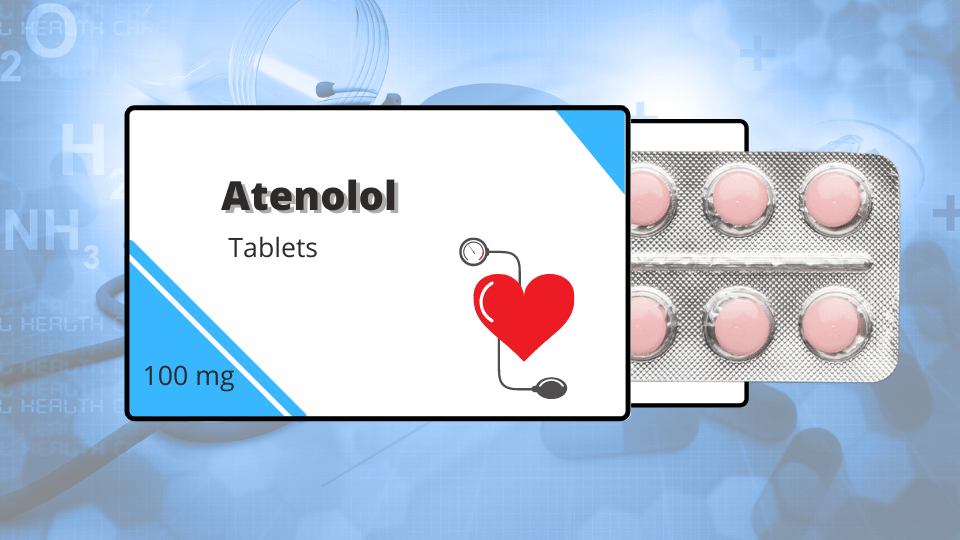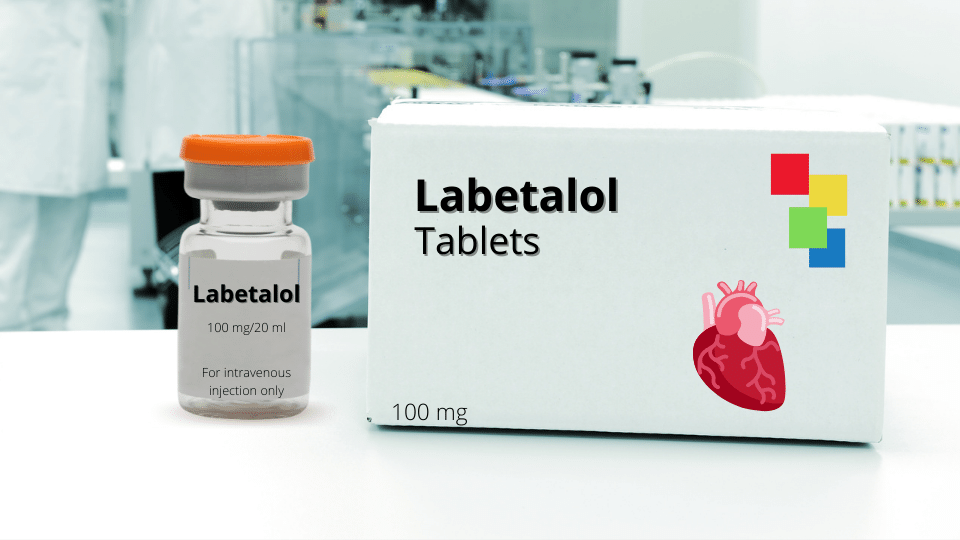Indapamide belongs to a group of drugs called diuretics with antihypertensive effect. Diuretics are drugs that increase the amount of urine excretion. At low doses indapamide causes vasodilation and acts as an antihypertensive agent, but in high doses it will possess diuretic effects. It is available as tablets.
Indapamide works by removing excess water from the body by increasing salt excretion via the kidneys. This will decrease total blood volume and lowers blood pressure.
Generally uses of indapamide include:
Indapamide is available as oral tablets:
For adults: Initially 2.5 mg/day, then after 1 week it may need to increase to 5 mg/day
For adults and elderly: Initially, 1.25 mg, then after 4 week it may need to increase to 2.5mg/day or 5 mg/day
Indapamide oral tablet should be taken once daily in the morning with breakfast.
If you forget a dose, you can take the missed dose as soon as possible, however, if you are supposed to take your next dose within 4 hours, take one dose now and skip the next dose. You should never take a double dose.
Do not stop taking indapamide without talking to your doctor. If you stop suddenly the symptoms of high blood pressure may reappear.
Before taking the drug, tell your doctor if you have allergy to indapamide, or if you have any of the following conditions:
Indapamide is not prescribed during pregnancy and breast feeding, it’s best to discuss the matter with your doctor.
Indapamide is not suitable for certain individuals who:
Indapamide is not prescribed for infants and children.
Indapamide often causes few adverse effects. Rashes are among the most common problems. Common side effects of indapamide include:
Rare side effects of using indapamide may include:
Indapamide tablet can interact with other drugs, such interaction can alter the effectiveness of the drug or increase the severity of side effects. The drugs or substances that should not be used with indapamide include:
1. Kizior, R.J. and Hodgson, B.B. (2018). Saunders nursing drug handbook 2019. Philadelphia: Saunders. 5R
2. British Medical Association (2015). British Medical Association new guide to medicine & drugs. London: Dorling Kindersley. 3R
3. Joint formulary committee, BNF 80 (The British National Formulary), 80th Revised edition, Pharmaceutical Press, London, United Kingdom, [2020]
Atenolol belongs to a group of drugs called beta blockers, it is used primarily in patients with hypertension, angina, and arrhythmias.

Labetalol is an antihypertensive agent which belongs to a class of medicines called beta blockers.

The urethra is a muscular canal that extends from the neck of the bladder to the exterior of body. Read more about the anatomy of urethra in this article.

Dosage guide of Lisinopril: Click to read about the dose for your specific condition and age group.

Learn about medical uses, safety profile, mechanisms and interactions of statins.

Comprehensive guide on Ozempic (semaglutide), including its uses, dosage, side effects, warnings, and interactions.
.png)